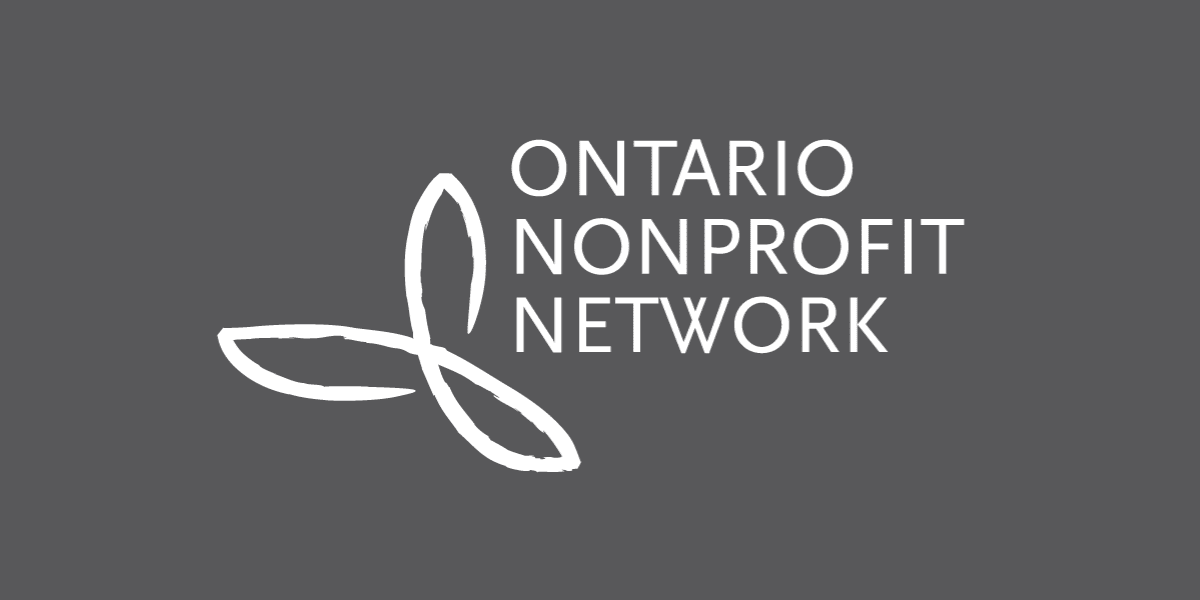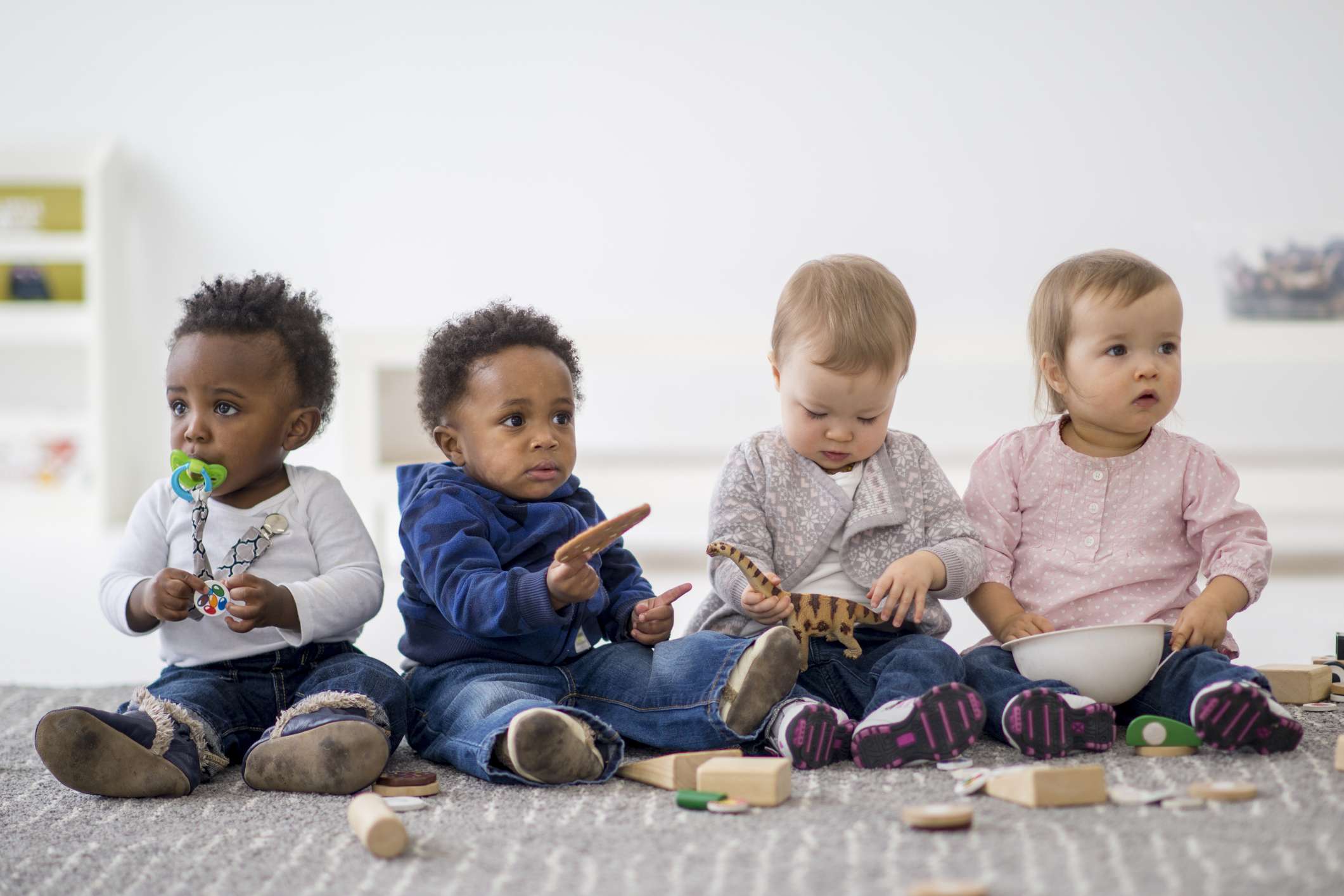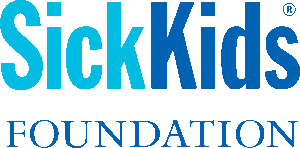5 ways settler-led nonprofits can support Indigenous communities
This blog post was originally written in response to the news of 215 Indigenous children killed in a residential school in Kamloops, the community of Tk’emlúps te Secwépemc. It has since been updated to reflect present realities and links to newly available resources.
In speaking with Tanya Ironstone Locke, the Executive Director of Child Welfare League of Canada, she emphasized that, “The uncovering of the Indigenous children in residential schools was amplified last year, but we’ve known about the uncovering of Indigenous children’s bodies for years”.
As a sector, it is imperative for us to recognize that the nonprofit sector is built on and benefits from colonialism. Indigenous Peoples have told us many times how settler colonialism and anti-Indigenous racism tears apart families and communities and takes away the ability for Indigenous self-determination and well-being. Yet, we have not prioritized using our social, political and financial capital to decolonize and advance truth and reconciliation.
“In order to decolonize, organizations can’t decolonize fragments of the work, you can’t choose what you want to lean into around Indigenous sovereignty or reciprocity. Non-Indigenous organizations need to move beyond engagement where you offer $200 for consultation, there needs to be meaningful engagement and relinquishment of power and control.”
-Tanya Ironstone Locke
The abuse of power and the controlling of Indigenous Peoples on Turtle Island (Canada) is not something we can continue to look away from. As organizations think about engagement, Locke also noted that the work of reconciliation and reciprocity cannot be “owned” by anyone within an organization. “How are you thinking about what you’re doing and why? Advancing decolonization is not about ownership or different parts of the work to advance Indigenous needs, you can’t say – we own this part, you own that part. It is about how to walk alongside each other, and not about just taking what you want.
There is a difference between consulting and embedding Indigenous approaches into the work your nonprofit is doing — it must be the foundation of the work you are doing with Indigenous perspectives.
In a generous offering, Locke invited nonprofits to think about the following five ways they can continue or begin their journey towards supporting Indigenous communities.
- Relationships are critical. How can we center relationships with local Indigenous partners that are not extractive but deeply relational. “We have to acknowledge complexity and diversity within Indigenous Peoples and nations. We have taken a pan-Indigenous lens when it comes to child welfare, there are different perspectives amongst Indigenous Peoples.”
- What are the pressing issues of local Indigenous Peoples whose land you occupy? Examine how your organization can amplify and lend support, with consent of course!
- How can you unpack your organization’s role in advancing settler colonialism? This must be done at all levels of the organization from board to staff to volunteers.
- It’s critical to create working conditions where Indigenous Peoples can thrive, rather than constantly having to fight to be seen, heard and validated for their wisdom.
- Get specific. Identify your role and get specific about strategies that relate to the TRC Calls to Action, how is it being integrated into your strategic plan? How are you shifting governance practices?
Supporting Indigenous nonprofits and communities
It’s important to recognize that Indigenous communities across Canada are in mourning. Now is not the time to ask them what settler organizations can do to help. They have already shared what actions can be taken many times, and in many ways. Now is the time for settler organizations and leaders to do their own homework and get moving. ONN recognizes that Indigenous workers and volunteers in the sector carry the burden of having to both deal with the legacy of colonialism and ongoing anti-Indigenous racism while continuing to serve their communities.
As a sector, we must integrate decolonization and advancing truth and reconciliation in our work and continue to hold it as a priority.
Related resources and readings from our network:
We welcome further suggestions to continue to gather and amplify resources: info@theonn.ca.
- Anishinabek Nation – News and resources
- Toronto Aboriginal Support Services Council – Accessing Decent Work Report
- Indigenous Primary Health Council
- Ontario Federation of Indigenous Friendship Circles – Giving Thanks: Indigenous Prosperity
- Native Women’s Association of Canada – MMIWG Action Plan
- Calls to Action Accountability: A 2021 Status Update on Reconciliation – Yellowhead Institute
- The Circle – I4DM (Definitonal Matrix)






